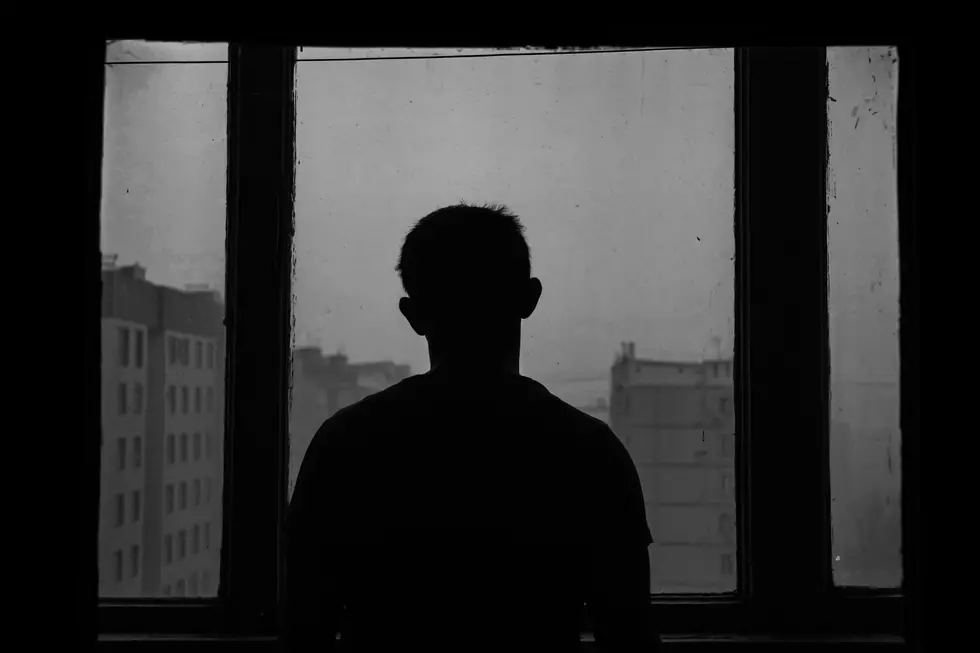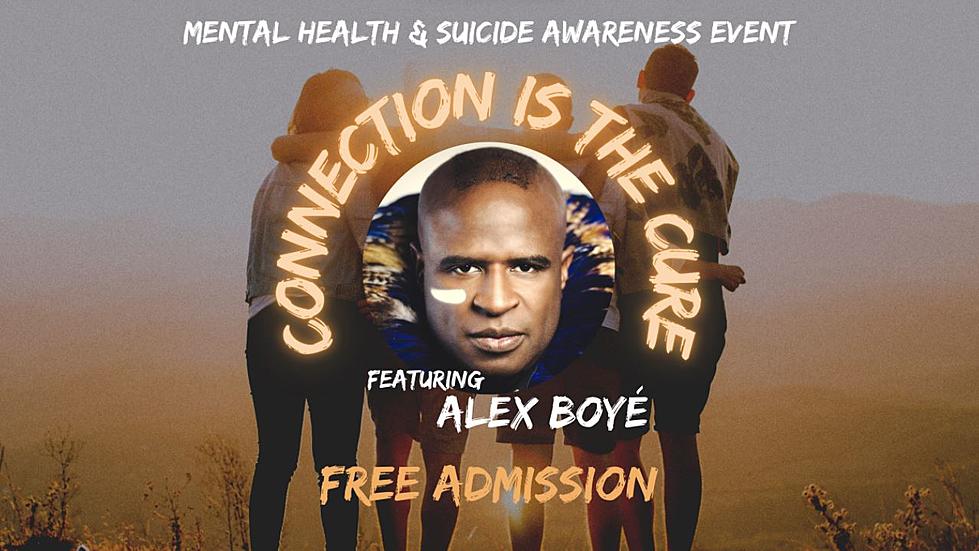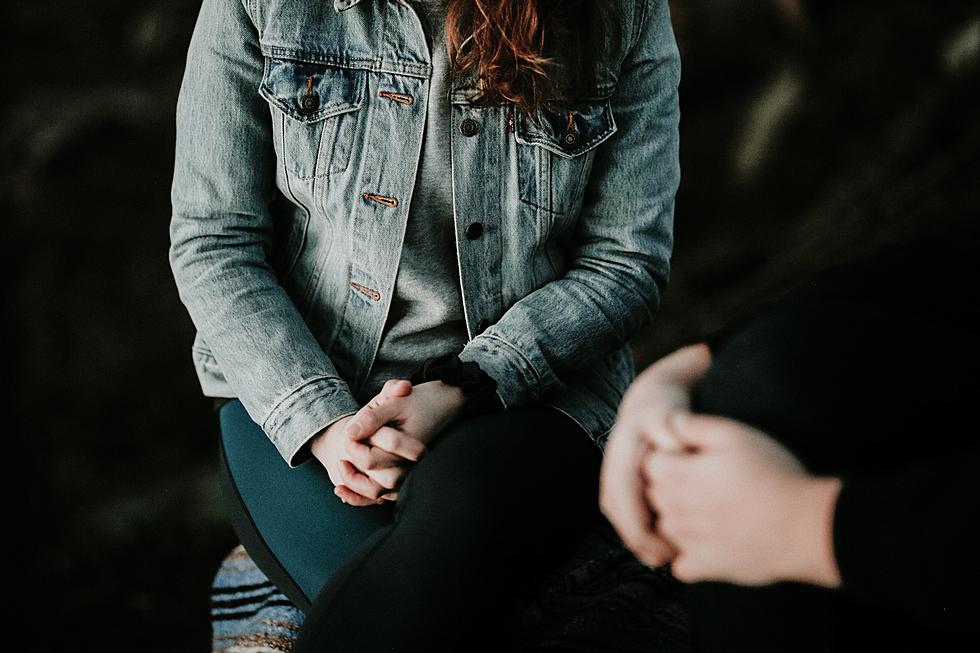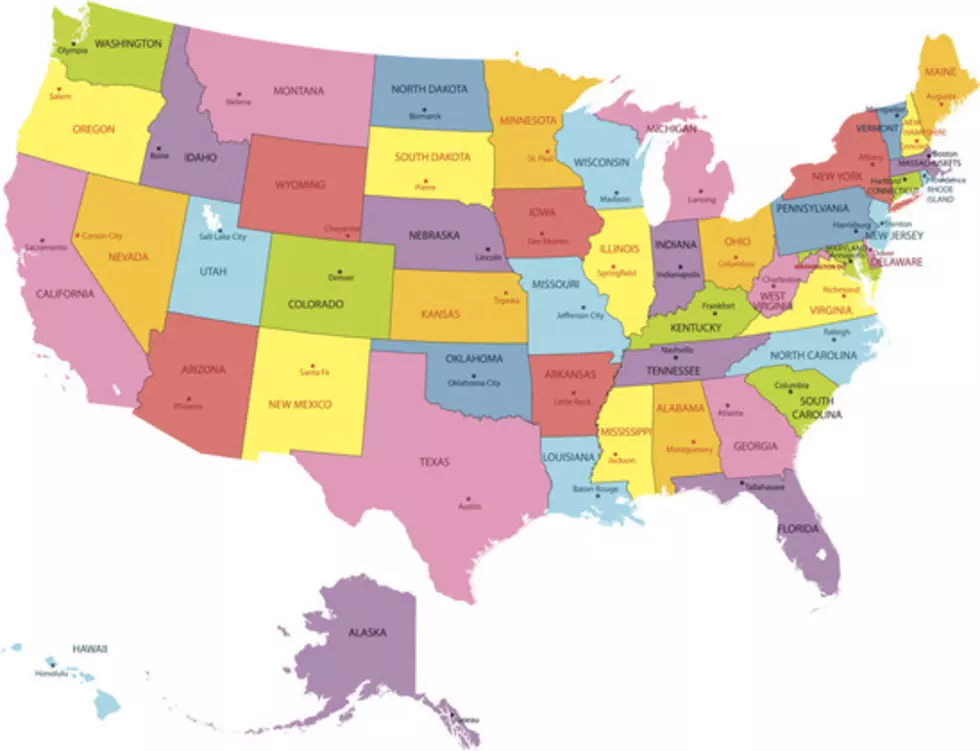
Where Does Idaho Rank for Mental Health Care?? Not Good.
Mental health is a very interesting topic, as it has historically been a taboo issue to discuss.
However, with the prevalence of social media and access to information because of technology, this is becoming a subject that is more widely acknowledged, talked about and socially accepted.
Especially considering that 1 in 5 adults in the United States experience mental illness each year.
This is why it was disappointing to learn that Idaho has recently ranked as one of the worst states in America for mental health care, coming in at 49 out of 50.
To determine how the states ranked, analysts looked at these five key factors:
- Prevalence of mental illness in each state
- Access to mental health care
- The number of people who have received care
- The number of people who needed care but didn’t get it
- Mental illness and health insurance
Basically, Idaho has a high prevalence of mental illness, including a suicide rate that is significantly higher than the national average, yet very few people received care.
Why is that?
What are Idaho’s statistics regarding mental health?
According to the National Alliance on Mental Illness, 311,000 adults in Idaho have a mental health condition – which is more than 2.5 times the population of Meridian.
- 40% of adults reported symptoms of anxiety or depression
- 71,000 adults have a serious mental illness
- 26,000 kids age 12-17 have depression
- 69,000 adults had thoughts of suicide in the last year
- 417 lives were lost to suicide last year
Although mental health issues are clearly evident in Idaho, more than half of these people did not receive any treatment last year.
Why aren’t they receiving help?
The cost of receiving care and the inaccessibility to mental health professionals are the two biggest reasons:
Cost: Nearly half the people who didn’t receive help were due to the cost.
Either people don’t have insurance (10.5% of the people in the state are uninsured), or those who have insurance are forced out-of-network for mental health, so it’s “more difficult to find care and less affordable due to higher out-of-pocket costs.”
Lack of Access: 1,274,325 people in Idaho “live in a community that does not have enough mental health professionals.”
How does this affect our community?
- 2,315 people in Idaho are homeless, and 1 in 12 have a serious mental illness
- High school students with depression are two times more likely to drop out
- 1 in 4 people with a serious mental illness has been arrested
- 2 in 5 adults in jail or prison have a history of mental illness
- 7 in 10 youth in the juvenile system have a mental health condition
It is clear that access to mental health care does not only affect those who live with an illness. Lack of care also affects the rest of the community.
Many even argue that mental health is just as important as physical health, and seeking professional help should be just as easy as signing up for a gym membership.
All we’re saying is, clearly we have an issue that is in dire need of attention and possible solutions.
We need to do better, Idaho. Much better.
Feeling Under the Weather?? 17 Ways to Ease Depression
Idahoans Share Their Favorite Things to Do on Rainy Days
When Boise has Crummy Weather... It's the Perfect Time for this Comfort Food
Perfect Pho Destinations for Boise Spring Weather
More From 104.3 Wow Country









